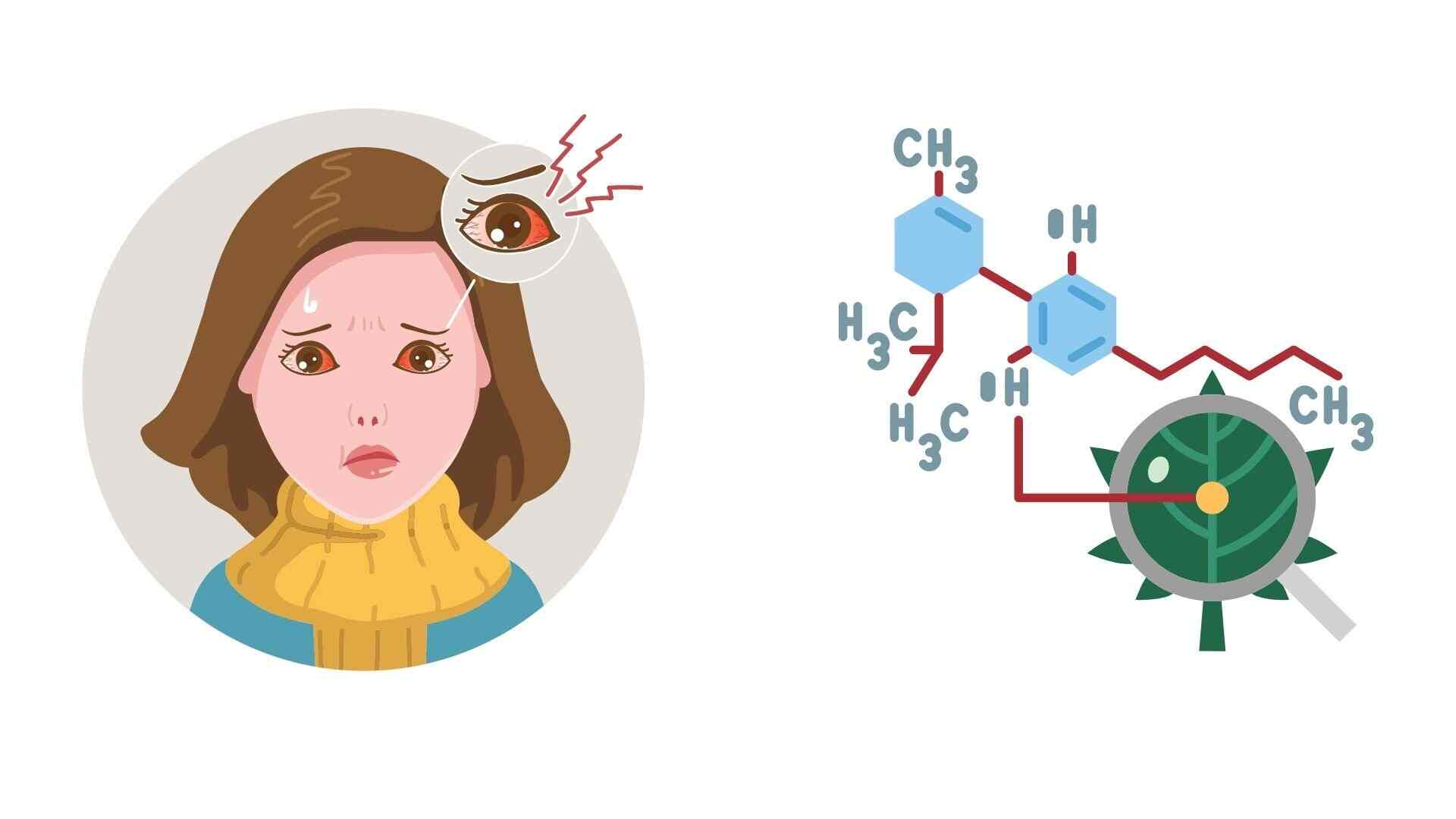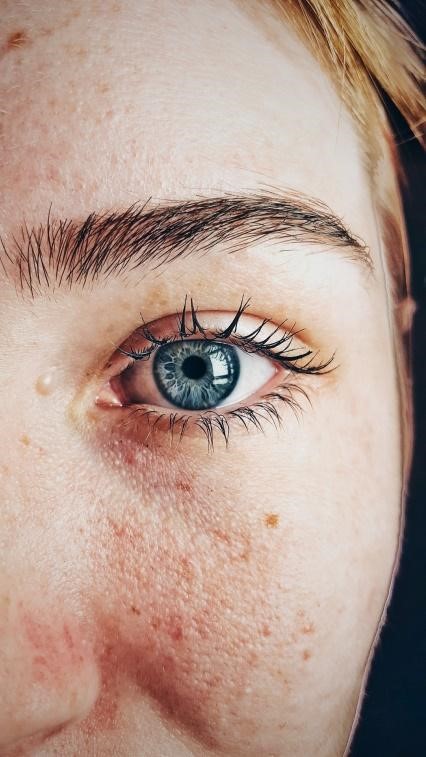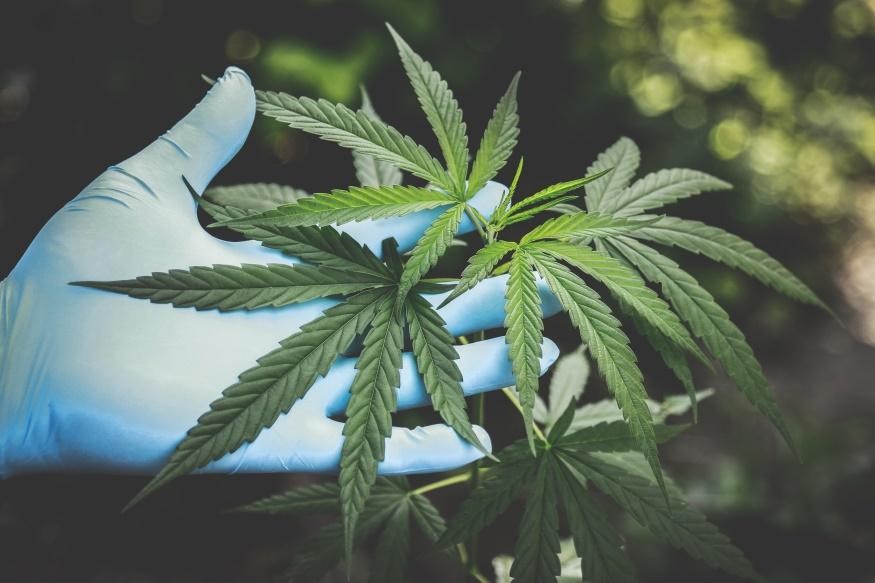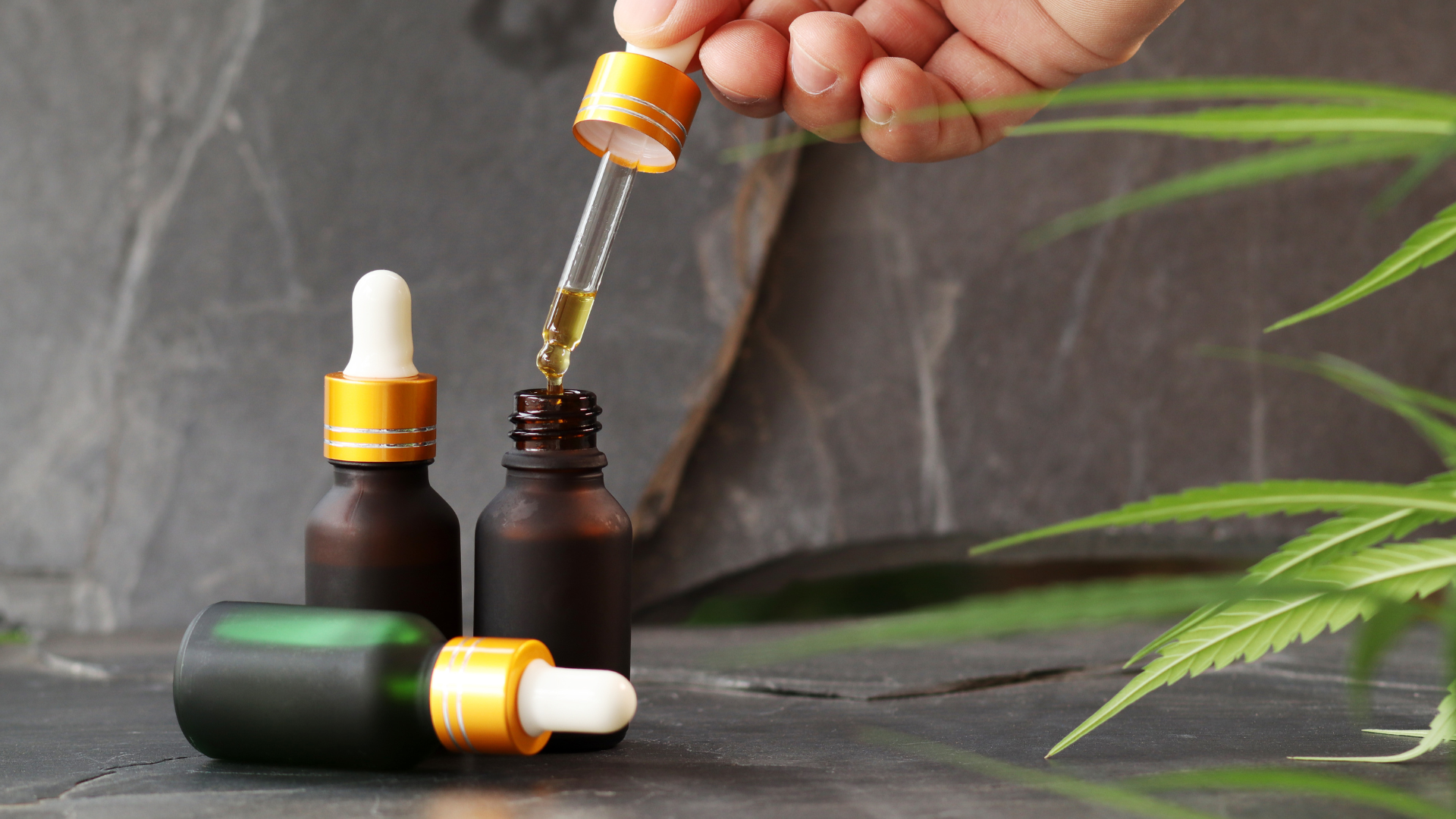Marijuana has been recognized and used to treat eye conditions like glaucoma. THC has been the essential weed specialist that individuals have searched out. But now, doctors, scientists, and regular people like us have turned our attention to delta-9 THC oil and products. To get your desired products, you can visit this site – thehempdoctor.com
Can this newly discovered cannabinoid provide relief — and possibly tears of joy? — to people suffering from ocular issues? What effect does Delta 9 have on overall eye health and vision care? We’ll take an in-depth look at the interaction between delta-9 and the eyes.
What exactly is Delta 9?
To understand what Delta 9 is, it is necessary first to know that it is a cannabinoid found in hemp and cannabis plants. Delta 9 is very potent due to its chemical structure and interacts with the body’s natural ECS receptors. It comprises carbon, oxygen, and hydrogen and has a higher potency than many other cannabinoids.
As a result, it can have various effects and health benefits, and many users enjoy the blissful experience that this compound provides. Delta 9 products are becoming increasingly popular due to all of this, and many brands are offering them in states where they are permitted and legal.
What Effects Does Delta 9 Have on the Eyes?
Delta 9 has no known adverse effects on the eyes in an average healthy person, but this is not the case for people with glaucoma, as some studies suggest. One study from Indiana University discovered evidence that Delta 9 raises intraocular pressure. If this is true, CBD may aggravate the disease’s primary cause. If you have glaucoma, using CBD alone in the form of an isolate may be harmful.
The study was conducted on mice and discovered that Delta 9 increased eye pressure by 18%. That lasted up to four hours after they gave the Delta 9. High eye pressure is a primary risk factor for people with glaucoma, as you may be aware if you or someone close to you has the disease. Increased eye pressure can hasten the damage to the optic nerve at the back of the eye, eventually leading to blindness.
The most effective way to combat glaucoma is to reduce eye pressure as much as possible. That will slow down any permanent damage that is occurring. Keeping this in mind, CBD is not advisable to treat the disease. Do not despair if you hope to use Delta 9 to treat glaucoma. THC (tetrahydrocannabinol) and other cannabinoids have lower eye pressure and have a positive effect.
Delta 9 can help you use an actual full-spectrum product to treat your glaucoma. As previously stated, CBD alone can be harmful to the disease; however, it can have some positive effects when combined with THC.
Delta 9 aids in the treatment of glaucoma
As a stand-alone cannabinoid, THC benefits people with glaucoma more than CBD alone. Numerous studies show that both delta 9-THC and delta 8-THC impact optic nerve health. THC not only lowers intraocular pressure but also helps to protect neurons from damage, according to research.
THC and CBD have been displayed in examinations to shield cells from glutamate-prompted cell harm. CBD can indirectly help glaucoma if combined with other cannabinoids in a balanced full-spectrum product. Let’s look at how Delta 9 can improve eye health and be used to treat glaucoma.
1. Delta 9 lowers intraocular pressure.
Lowering eye pressure is critical in the treatment of glaucoma. Since the 1970s, THC has helped to reduce intraocular eye pressure. So, how exactly does it work? THC binds to receptors in the endocannabinoid system of the body. THC has been shown in studies to interact with receptors in the eye. CB1 receptors remain in the ciliary epithelium, corneal, and ocular endothelium. THC helps to interact with these receptors, lowering intraocular pressure.
2.Delta 9 Slows Vision Loss
According to a study published in Experimental Eye Research, THC helps slow vision loss. We used Delta 9 on rats with retinitis pigmentosa, a genetic eye disease leading to blindness. After a 90-day treatment, rats who consumed the cannabinoid performed better on vision tests. In addition, the THC rat group acquired 40% more photoreceptors than the untreated control group. Those are some outstanding results. THC alone has the potential to slow the progression of blindness.
3. Delta 9 Help the Optic Nerve’s Health
THC and CBD have benefited optic nerve health when used together. Glaucoma patients have an excess of glutamate, a major neurotransmitter in the eye. This neurotransmitter accumulates in the retinal region of glaucoma patients and damages cells, eventually leading to vision loss. We refer to it as glutamate-induced neurotoxicity. THC and CBD help safeguard against the condition, possibly forestalling visual impairment and expanding vision.
What About Other Eye Disorders?
Glaucoma is probably the most well-studied for cannabinoids as a treatment for ophthalmic disorders. However, there are many rumors — and research — about Delta 9, which helps to treat other eye conditions. Let’s have a quick look:
- Cataracts
- Degeneration of the Retina
- Vision at Night
- Epiphora (extreme tearing or watering of the eye)
Delta-8 may alleviate these conditions by addressing the underlying causes, symptoms, or risk factors, such as lowering blood pressure and corneal inflammation.
Delta-9 THC for Eye Preventive Care
Eyeballs and vision are beautiful things, so do everything to protect them! You don’t have to wait for a problem with “our-eyes” to take action to care for your eyes. The better, sooner, and more frequently you care for your eyes, the longer they will be healthy (hopefully!).
As you are probably aware, your optic orbs benefit from the usual good wellness habits and tactics, such as eating nutritious foods high in various vitamins and minerals, getting plenty of quality sleep and exercise, de-stressing, adequately hydrating, and so on. However, delta-8 may have a place in your eye self-care regimen.
Conclusion
Delta 9 THC provides a one-of-a-kind experience due to its high potency and effectiveness. If you consider purchasing such products, we hope this article will educate you on what the cannabinoid offers and what you can expect from its use. The choice between Delta 8 vs. Delta 9 is based on your needs and preferences, as both have a similar structure but provide different psychoactive effects.








